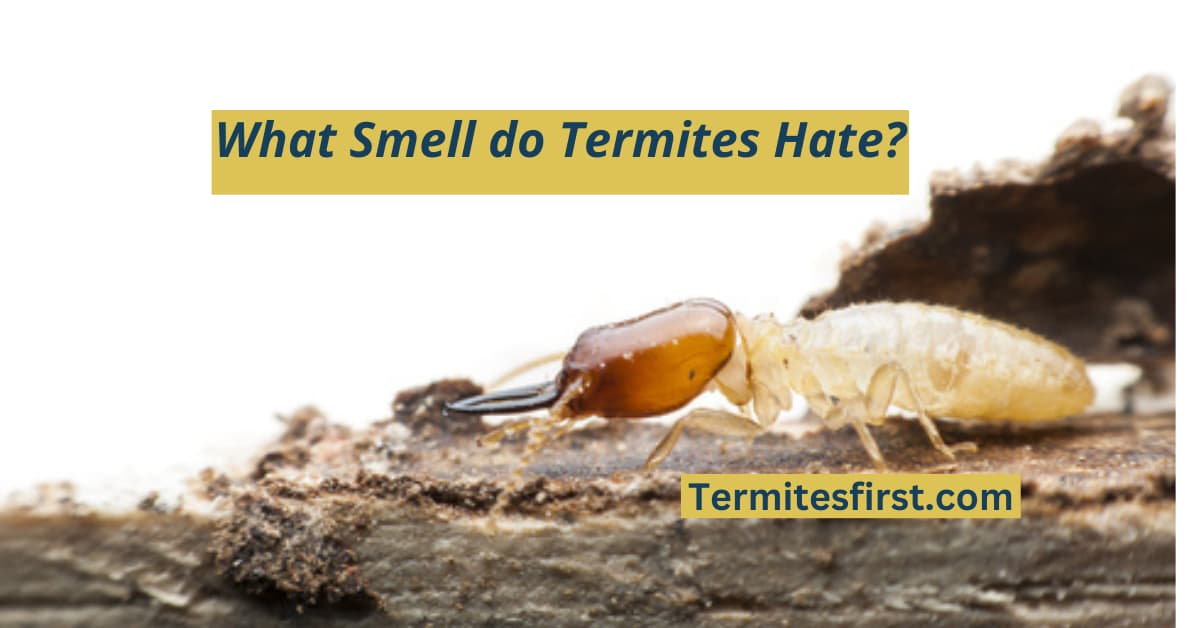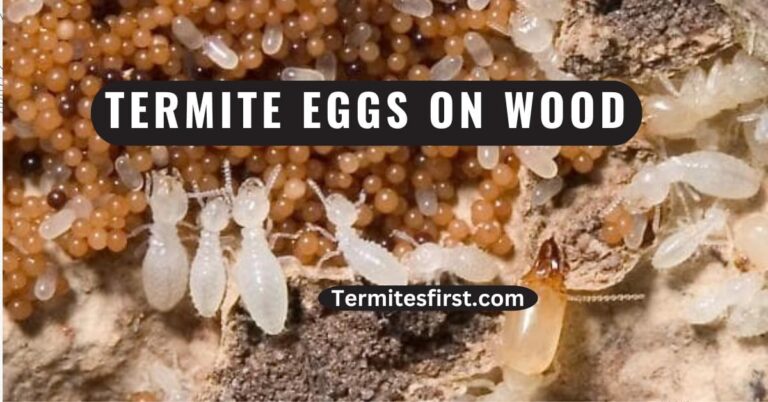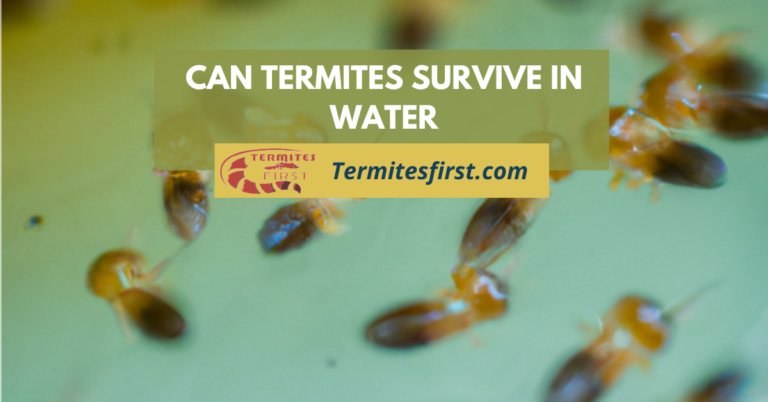What Smell Do Termites Hate? Effective Scents to Repel Them!
It’s fascinating to explore the scents, like cedarwood smell and geranium, that termites find unappealing in a way that can help pest control service. These destructive pests, especially during termite attacks, can cause significant damage to our residences, so understanding what they dislike, such as potent termite deterrents and the fact that termites hate smells, can prove invaluable against termite predators. Certain aromas, as termite deterrents, can effectively repel them with their smell, reducing the likelihood of a termite attack and the need for termite pest control services in our homes. Research indicates that essential oils such as peppermint andclove not only offer a pleasant smell but also serve as natural repellents against these wood-eating nuisances.
Key Takeaways
- Termites are repelled by certain scents, especially wood, making it essential to understand which odors they dislike to protect your home effectively.
- Common scents that termites avoid include orange oil, neem oil, and vinegar; incorporating these into your wood pest control strategy can deter infestations.
- Utilizing natural repellents not only helps in keeping termites away but also reduces the use of harsh chemicals in your living space.
- When applying repellents, ensure proper coverage and consider reapplication after rain or over time for sustained effectiveness.
- Regularly inspect your home for signs of termite activity, and combine scent repellents with other preventive measures for comprehensive protection.
- Educate yourself on the specific scents that work best in your area, as local termite species may respond differently to various natural deterrents.
Understanding Termite Aversion
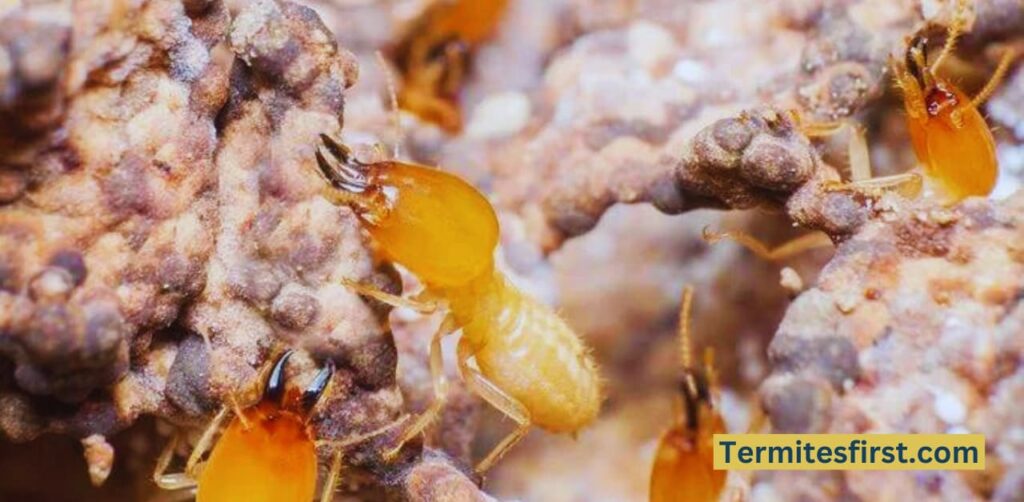
How Termites Use Smell
Termites rely heavily on their antennae to detect smells. These antennae help them sense pheromones, which are chemical signals used for communication. By using these signals, termites can coordinate activities within the colony.
Pheromone scent trails play a critical role in guiding termites to food sources. When a termite finds food, it leaves a pheromone trail back to the colony. Other termites follow this trail to access the food. This process ensures that the colony remains fed and healthy.
The queen emits specific pheromones that help organize the colony. These scents maintain social structure and regulate behaviors among workers. A strong, cohesive colony benefits from effective communication through smell.
Why Smells Repel Termites
Certain scents disrupt termite communication and navigation. For example, scents like cinnamon, clove oil, and orange oil can repel termites effectively. These odors interfere with pheromone detection, leading to confusion among termites.
When exposed to these repellent smells, termites struggle to follow their scent trails. This makes it difficult for them to locate food sources. I once read about how homeowners used essential oils as a natural method to deter termites. They reported success in keeping these pests away without harmful chemicals.
Behavioral changes occur when termites encounter repelling scents. They may become disoriented or retreat from areas with strong odors. This reaction can prevent a termite attack on structures or stored wood.
Effective use of repellent scents can serve as a preventive measure against western subterranean termites and other species. Homeowners might consider utilizing these natural repellents during inspections or treatments.
Top Smells Termites Hate
| Smells | Features | Pros | Cons |
| Cedarwood | Natural repellent, pleasant scent | Effective, eco-friendly | Needs replenishing |
| Orange oil | Citrusy aroma, toxic to termites | Kills on contact, biodegradable | Strong odor |
| Clove oil | Strong scent, disrupts termite communication | Natural, long-lasting | Expensive |
| Eucalyptus | Fresh fragrance, repels termites | Versatile, easy to find | Needs regular application |
- Cedarwood: Termites avoid the scent of cedarwood due to its natural repellent properties and pleasant aroma.
- Orange oil: The citrusy smell of orange oil is toxic to termites and can kill them on contact, making it a potent termite deterrent.
- Clove oil: With its strong scent that disrupts termite communication, clove oil is a natural and long-lasting option to keep termites at bay.
- Eucalyptus: Termites are repelled by the fresh fragrance of eucalyptus, making it an easy-to-find and versatile option for termite control.
- Apply cedarwood oil around your home to create a barrier that termites won’t cross.
- Use orange oil spray on affected areas to eliminate termites on contact.
- Place clove oil-infused cotton balls near termite entry points to deter them from invading.
- Mix eucalyptus oil with water and spray it around your property to keep termites away.
By incorporating these scents that termites dislike into your pest control routine, you can effectively protect your home from these destructive pests. Remember to regularly reapply these natural remedies to ensure long-lasting termite prevention.
Cedar Wood’s Effectiveness
Cedarwood is known for its natural oils that deter termites. The strong aroma of cedarwood acts as a powerful barrier against these pests. I have seen cedarwood used effectively in various home constructions. It not only serves as a building material but also functions as an excellent termite repellent.
Strategically placing cedarwood around properties can enhance protection. For example, using cedar mulch in gardens or around foundations helps keep termites at bay. This dual benefit makes cedarwood a popular choice for homeowners seeking termite prevention.
Mint and Peppermint Oil
Mint and peppermint oil are effective natural repellents against termites. Their strong scent disrupts the olfactory senses of these pests. Applying mint oil around infested areas can significantly enhance its effectiveness. I often mix mint oil with water and spray it directly on affected spots.
Planting mint in gardens serves a dual purpose. It not only adds beauty but also acts as a deterrent to termites. The presence of mint plants can create an environment less inviting for these pests, making it a good choice for those looking to implement safe termite extermination methods.
Cayenne Pepper Deterrent
Cayenne pepper is another potent termite deterrent. When applied directly, it can disrupt termite activity effectively. I recommend mixing cayenne pepper with water to create a spray solution targeting affected areas. This method is straightforward and can be done at home.
The non-toxic nature of cayenne pepper makes it a safe alternative to chemicals. Homeowners can use it without worrying about harmful side effects to children or pets. As a result, cayenne pepper has become one of my preferred options for termite control.
Other Natural Repellents
Several other natural repellents are available for termite control. Clove bud oil, tea tree oil, and garlic are among them. Each of these oils offers versatility in application methods. They can be mixed with water or used directly on infested areas.
Experimenting with different combinations of these natural repellents can yield the best results. For instance, combining clove bud oil with cayenne pepper may enhance effectiveness against termites. Exploring various options allows homeowners to find the right fit for their specific needs.
Benefits of Natural Repellents
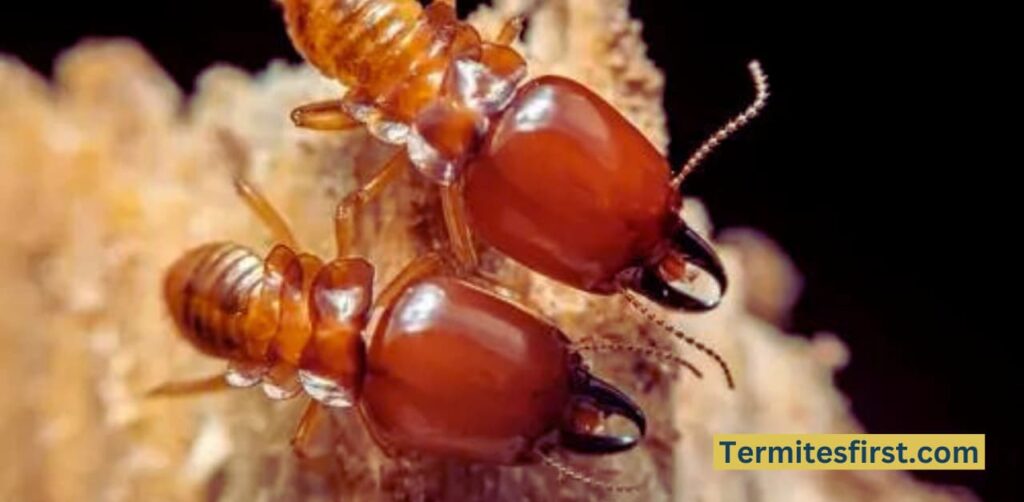
Safety and Environmental Impact
Using essential oils and natural repellents is generally safer than chemical pesticides. Many commercial pesticides contain harmful substances. These can pose health risks to humans, pets, and the environment. In contrast, natural repellents are less toxic. They often consist of plant-based ingredients that are safe for indoor use.
Natural pest control methods also benefit the environment. They reduce the introduction of harsh chemicals into ecosystems. I appreciate how these solutions protect beneficial insects like bees and ladybugs. These insects play crucial roles in our gardens and agriculture. By choosing natural options, we support biodiversity.
The risk of harm to pets drops significantly with natural repellents. Pets often have sensitive systems that react poorly to chemicals. Using essential oils means I can manage pests without worrying about my dog or cat’s safety. This peace of mind makes natural methods appealing for many homeowners.
Cost-Effectiveness Compared to Chemicals
Natural repellents can be more cost-effective than traditional chemical treatments. Many commercial pest control services charge high fees for their treatments. These often include multiple visits and ongoing maintenance plans. In contrast, DIY natural solutions can be made at home for a fraction of the cost.
Long-term savings come from preventive measures using natural solutions. Investing in essential oils now can prevent termite infestations later. I have found that making my own repellents saves money over time. Simple recipes using vinegar or citrus oils offer effective protection against termites.
Examples of budget-friendly DIY options include mixing water with essential oils like clove or peppermint. These mixtures can be sprayed around potential entry points for termites. The cost of these ingredients is minimal compared to hiring pest control services.
- Essential Oils: Clove, peppermint, and tea tree oil are effective.
- Vinegar Mixture: Combine vinegar with water for a strong repellent.
- Citrus Spray: Use citrus peels soaked in water for an easy solution.
Incorporating these methods into my routine has proven beneficial. Not only do they save money, but they also align with my values regarding health and the environment.
Application Tips for Repellents
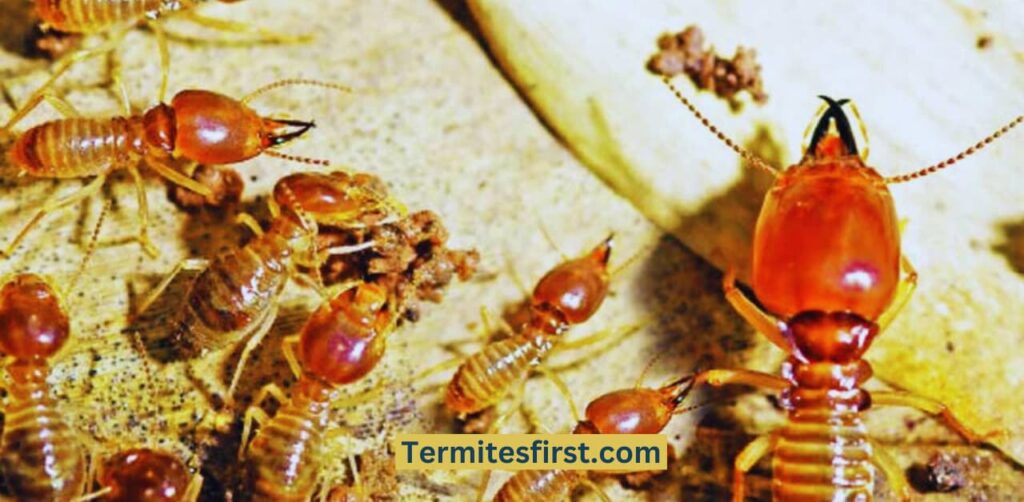
Frequency for Maximum Effectiveness
Regular application of natural repellents is crucial. I recommend applying these every few weeks during peak termite season. This usually occurs in warmer months, typically from late spring to early fall.
Seasonal changes can affect the effectiveness of these repellents. For instance, rain can wash away treatments, so reapplication may be necessary after heavy storms. Monitoring infested areas is vital. Observing termite activity helps determine when to reapply. I often check for signs of new damage or increased swarmers around my home.
Best Practices for Application
Preparing natural repellents correctly ensures maximum effectiveness. Start by reading the instructions on any product you choose. Mix the ingredients as directed to maintain proper ratios.
Targeted application techniques enhance coverage in infested areas. Spray directly onto wood and soil where termites are likely to enter. I find it helpful to focus on entry points and potential nesting sites. This approach minimizes waste and maximizes protection.
Combining multiple natural repellents can provide better results. Different scents repel termites effectively, so using a mix can create a stronger barrier. For example, combining orange oil with neem oil offers dual protection against these pests.
- Choose your natural repellent.
- Prepare the mixture according to instructions.
- Apply directly to affected areas.
- Monitor results and reapply as needed.
Conclusion: What Smell do Termites Hate?
I’ve shared insights on what smells termites hate and how to use them effectively. By leveraging natural repellents, I can protect my home while keeping it eco-friendly. The scents I’ve highlighted not only deter these pests but also offer a safer alternative to harsh chemicals.
Now it’s time for action. Start incorporating these scents into your pest control strategy today. Whether you choose essential oils or other natural options, you’ll be taking a significant step towards safeguarding your space from termites. Don’t wait; make your home less appealing to these unwanted guests now!
FAQs:-
Termites are known to dislike strong scents such as orange oil, neem oil, and garlic. These natural repellents can help deter them effectively.
Yes, essential oils like clove oil and peppermint oil can repel termites. Their potent fragrances disrupt termite behavior, making them less likely to infest your home.
Most natural repellents, like citrus or essential oils, are generally safe for pets when used correctly. Always check specific product guidelines to ensure safety.
Reapplication frequency depends on the product used. Generally, it’s recommended to apply natural repellents every few weeks or after heavy rain for maximum effectiveness.
While vinegar has some insect-repelling properties, it is not a reliable solution for termites. It may deter some insects but won’t eliminate an infestation.
Commercial repellents often contain stronger chemicals and may provide quicker results. However, natural options are safer for the environment and your family.
To prevent infestations, keep wood away from soil, maintain proper drainage, and use natural repellents like essential oils around susceptible areas of your home.

